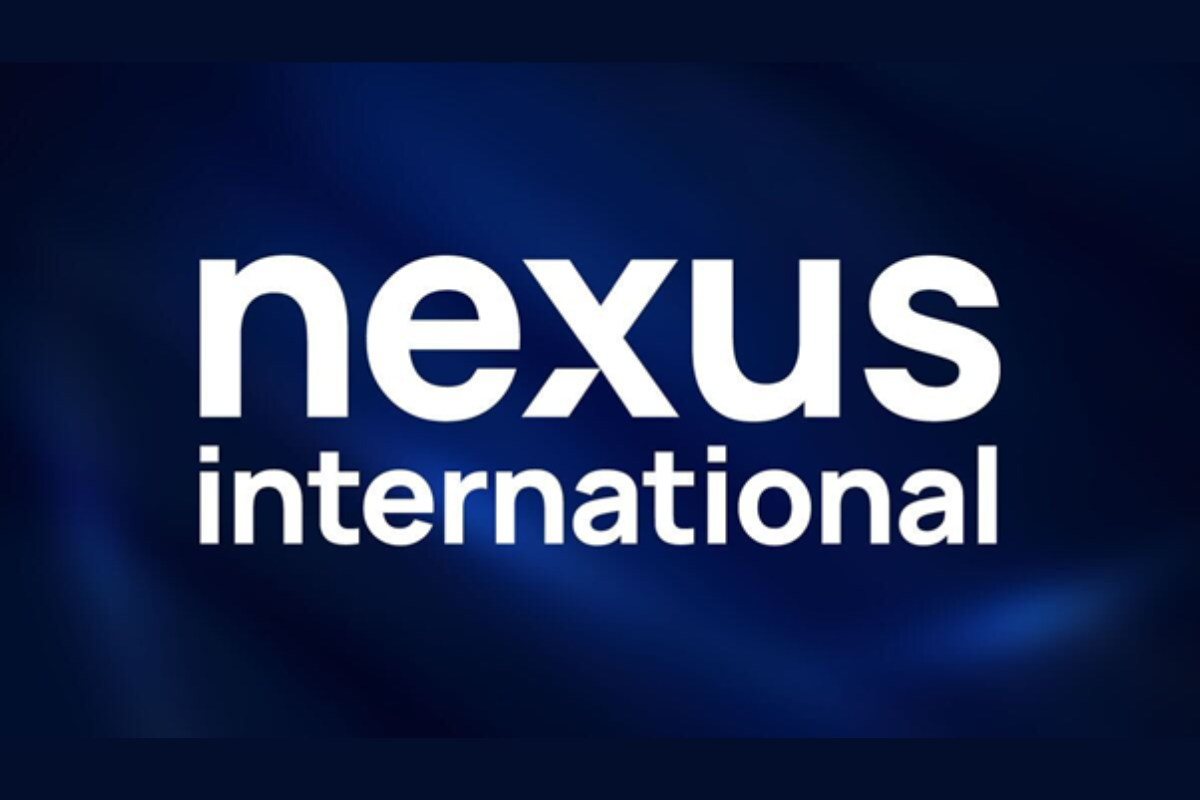Latest News
Nexus International Joins Global Top 100 Gaming Firms With $546M H1 Revenue
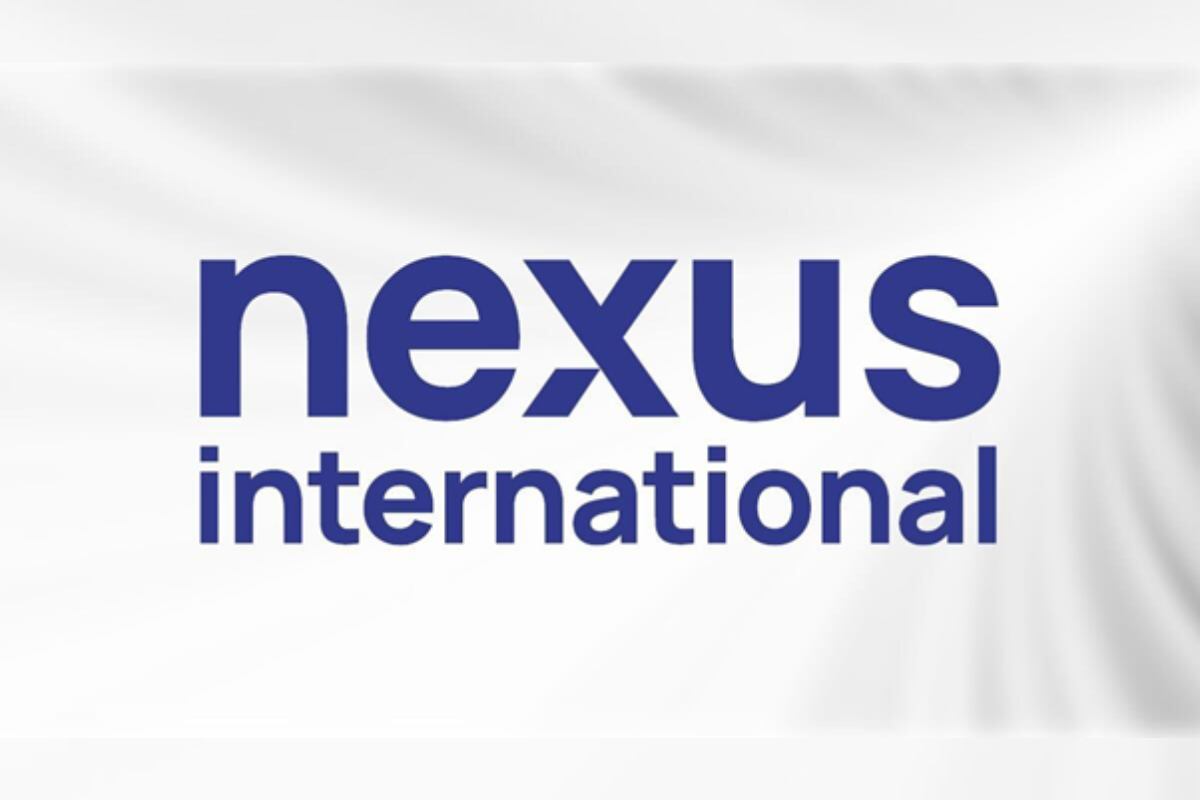
Nexus International has achieved a rare milestone in the gaming industry, entering the global top 100 operators by revenue with $546 million in the first half of 2025. The accomplishment is notable not only for its scale but also for how it was achieved: without venture capital, private equity backing, or a public listing.
Most companies reaching comparable revenue levels typically rely on significant external financing to fuel international expansion. Nexus, however, has pursued a different path. Since its founding, the company has been privately financed, with founder and CEO Gurhan Kiziloz directing expansion strategy and capital deployment. This model has enabled Nexus to grow into one of the fastest-rising operators globally while retaining full ownership and control.
Industry analysts highlight the contrast. Many publicly traded gaming operators, including Entain and Flutter, have expanded through capital markets, acquisitions, and leveraged debt. Regional players seeking to scale often turn to private equity to support market entry. Nexus’s ability to post mid-sized public peer revenues while remaining privately funded sets it apart in a sector where scale is often capital-intensive.
The $546 million figure recorded in the first half of 2025 already surpasses the company’s full-year 2024 revenue of $400 million. At its current run rate, Nexus projects $1.1–1.2 billion for the full year, with an upper stretch forecast of $1.54 billion. Growth has been broad-based across its brands:
- com, now offering over 5,900 games, has captured share in multi-currency markets.
- Lanistar, which pivoted from fintech into gaming, has expanded across Europe and Latin America.
- Megaposta has leveraged early licensing in Brazil’s regulated iGaming market to build scale quickly.
This diversified growth supports the company’s push into the global top 100.
Joining the ranks of the world’s top 100 operators places Nexus alongside established firms such as Betsson AB and Rank Group. Both of these comparables rely on public market listings to sustain growth and acquisitions. Nexus’s independent trajectory suggests an alternative playbook — one rooted in organic scaling, selective regional bets, and centralised leadership.
The absence of external capital has not meant slower growth. On the contrary, Nexus has recorded a 110% year-on-year revenue increase, outpacing many of its peers. Its ability to maintain this trajectory while preserving profitability is cited as one of the reasons for its inclusion in the global rankings.
Nexus’s independence has shaped its approach to expansion. In early 2025, the company opened a regional office in São Paulo, a move designed to anchor its Latin American operations. Brazil, expected to generate $3–4 billion in regulated gaming revenue by 2028, is already Nexus’s largest single market. From this base, the company is positioning itself to extend into neighboring regulated markets, including Peru, Chile, and Colombia.
This regional focus is supported by centralised technology infrastructure and brand-specific strategies. Rather than pursuing broad acquisitions, Nexus has concentrated on deepening brand resonance in regulated markets where it can scale quickly and sustain margin growth.
The company’s independence is closely linked to Gurhan Kiziloz’s leadership style. By keeping Nexus privately funded, Kiziloz has avoided the governance layers that often slow decision-making in listed firms. He argues that this allows the company to act decisively in emerging markets, capturing opportunities before competitive fields saturate.
This model carries risks, particularly in highly regulated markets where compliance demands are significant. Yet so far, Nexus has shown that independence does not preclude discipline. Its operations remain focused on regulated environments, and capital allocation has been targeted at areas with clear regulatory visibility.
For the remainder of 2025, Nexus plans continued investment in product development, platform upgrades, and region-specific marketing. The company has reaffirmed that it has no plans to pursue outside capital or a stock exchange listing in the near term.
By entering the global top 100 on the strength of its own capital, Nexus demonstrates that scale in the gaming sector is not solely the preserve of externally financed companies. Its trajectory underscores both the opportunities and the challenges of independent growth in an industry where size often determines competitiveness.
-

 Asia4 days ago
Asia4 days agoDigital gaming disruption tackled in 1st AsPac Regulators’ Forum
-

 Latest News7 days ago
Latest News7 days agoHigh Roller Launches New Online Casino Brand in Finland
-
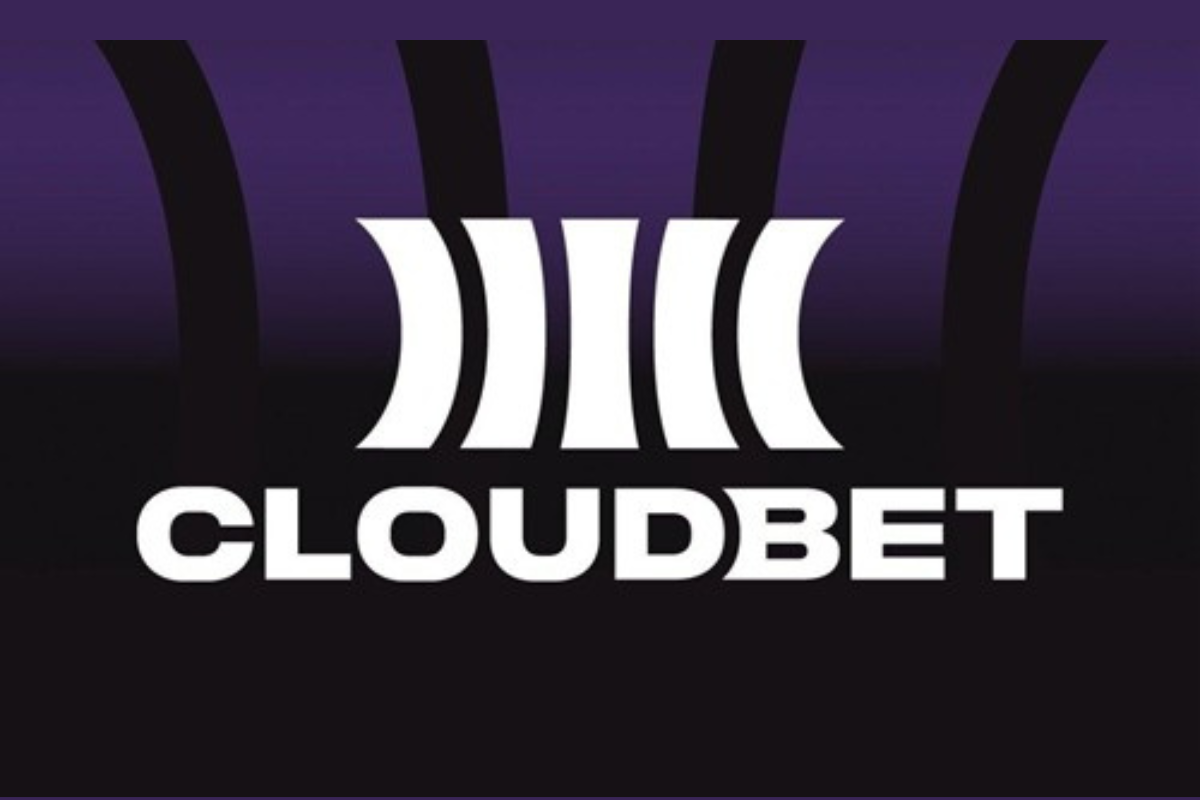
 Latest News6 days ago
Latest News6 days agoCloudbet maps regional betting trends in August–September 2025
-
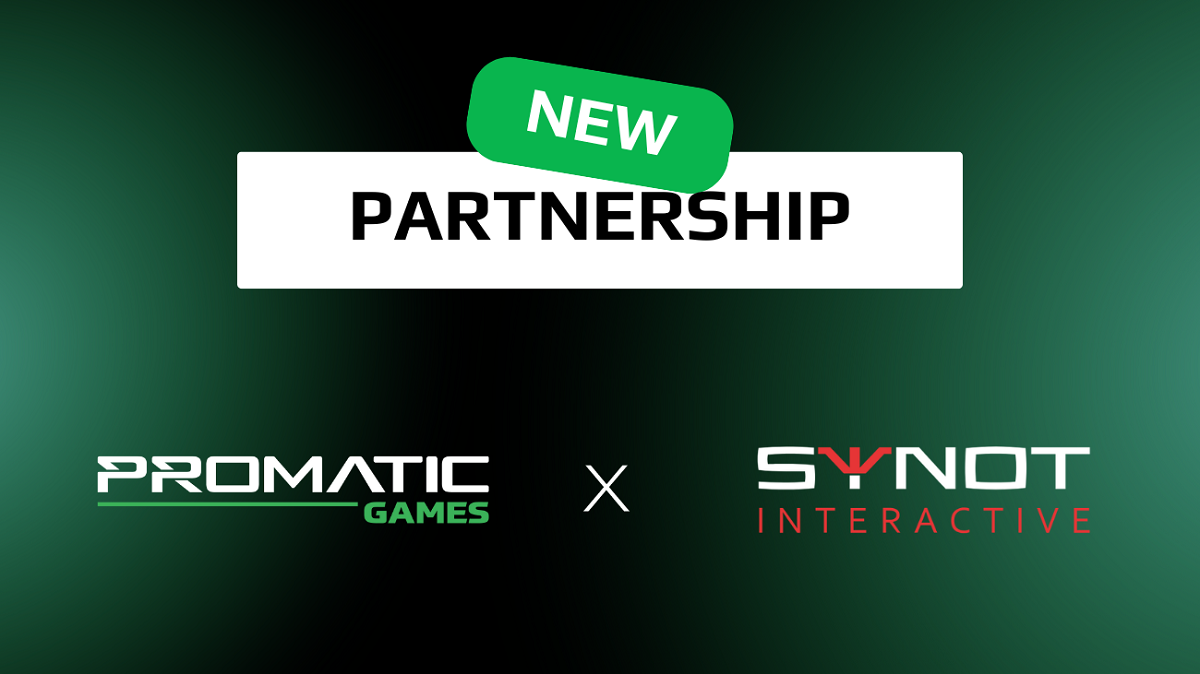
 Central Europe7 days ago
Central Europe7 days agoPromatic Games and SYNOT Interactive Announce Strategic Partnership to Strengthen iGaming Expansion in Central and Eastern Europe
-

 Latest News7 days ago
Latest News7 days agoNetBet Denmark expands its casino library by adding SYNOT Games as a provider
-
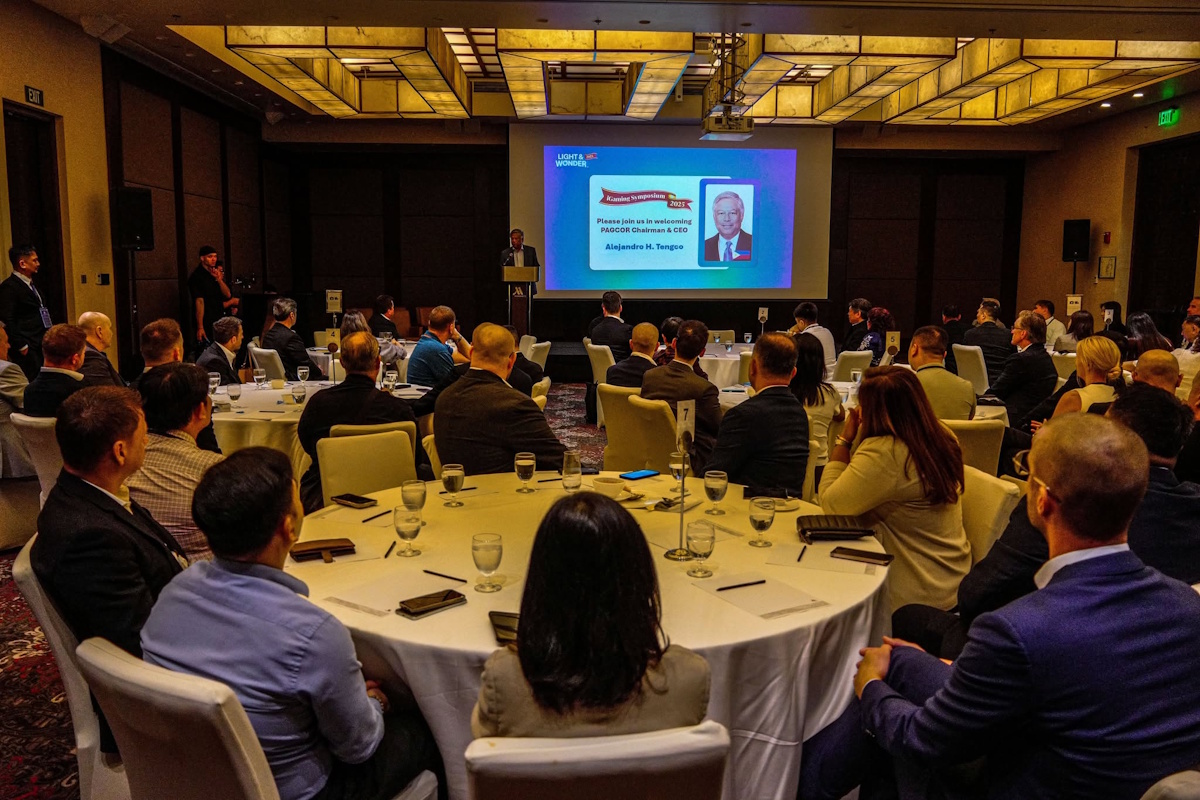
 Asia6 days ago
Asia6 days agoPAGCOR chief pushes for stricter regulation, not online gaming ban
-
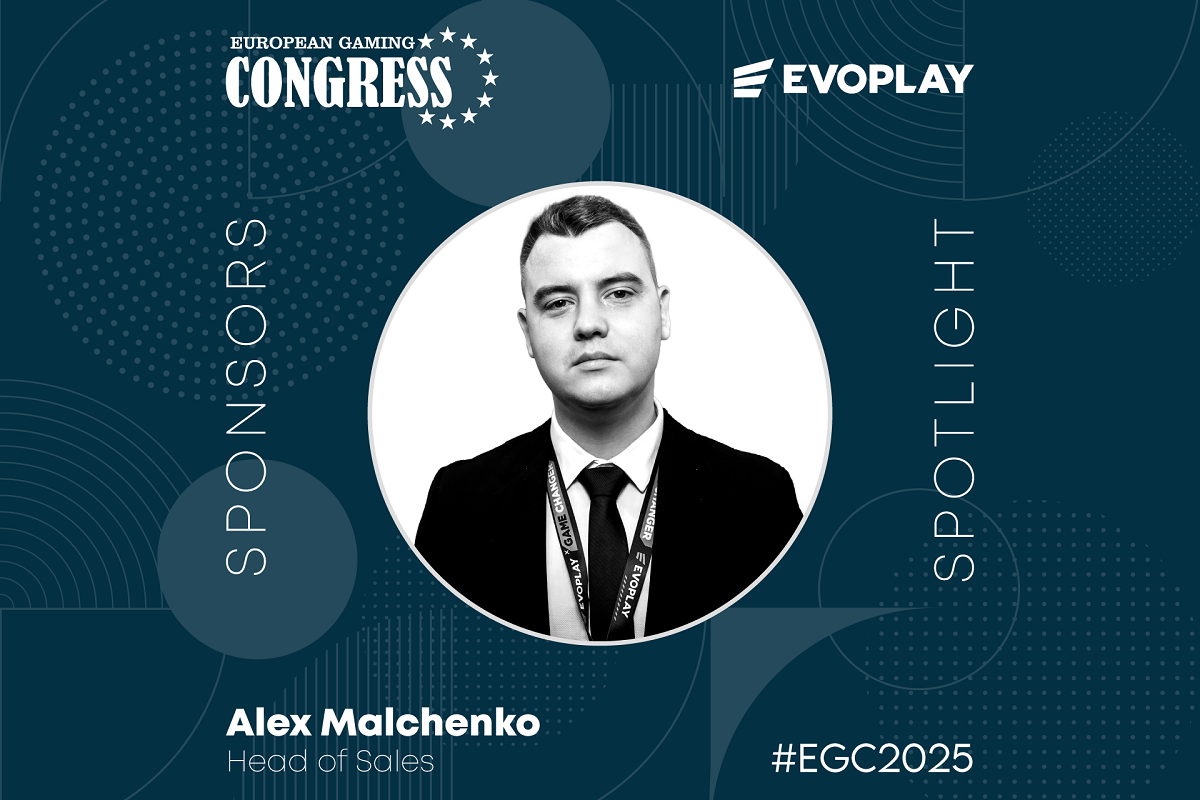
 Conferences in Europe6 days ago
Conferences in Europe6 days agoStrategies that Scale: Evoplay’s Alex Malchenko on Cracking the Code of Localised iGaming Success
-

 Conferences in Europe6 days ago
Conferences in Europe6 days agoNew Gamification Academy at SBC Summit to Present Fresh Approaches to Player Engagement









